Written by Chloe Sorensen
When I first arrived at Gunn, I was not the type of person to open up to others or talk about how I felt, let alone ask for help. When people offered to help me, I tended to dismiss it, because I didn’t want them to go out of their way to help me. However, here at Gunn, we are lucky to be surrounded by hundreds of staff members who genuinely care about their students’ well-being. Especially in times of darkness and distress, teachers and other trusted adults at Gunn do their best to make it clear that they are there to help us, whether our issues are academic, social, health-related or something else. Yet many of us still do not feel connected to trusted adults on campus: a survey conducted by Challenge Success in 2015 reported that approximately 1 in 3 students at Gunn felt that they did not have an adult on campus they could talk to if they were struggling. At first, I found this hard to believe, but after thinking about it for a while, I remembered that I, too, used to feel the same way. As a freshman, I often found myself doubting the fact that people genuinely wanted to help me—did they care deeply, or was it superficial? Would they really go all in if I needed it? Fortunately, the answer to these questions was a resounding yes, and I happened to discover this at a crucial moment in my life.

Long story short, something rather eye-opening happened to me during the first semester of freshman year. As a fourteen year old, I was still living in a “bubble” where nothing ever went wrong and everyone was happy. However, the bubble popped when I discovered that one of my close friends was fighting severe depression and was struggling to hold on. When things got really bad, she turned to me—the fourteen year old with very little life experience and zero knowledge about mental illness. I felt completely powerless, because I didn’t know what to do, and I was too afraid to ask for help. In a moment of confusion and fear, something in my gut pushed me to reach out to a senior I had met on Student Executive Council and ask for help for the first time in my life. That senior, Hope, got my panicked message, and despite barely knowing who I was, drove to my house in the middle of the night to help me sort things out. I was floored by the fact that this person, whom I had barely ever talked to, was willing to throw everything else aside and help me. My previous questions had been answered: yes, people actually wanted to help, and yes, they actually cared.
The next morning, she introduced me to English teacher Paul Dunlap, who quickly became my first trusted adult at Gunn. Yet again, I had found an extremely compassionate stranger who was willing to go out of his way to help me. He then introduced me to members of the counseling department—five more trusted adults, five more complete strangers who were devoted to helping me. The pattern continued, and by the end of the day, I had met 12 adults on campus that I could talk to in times of trouble. This first experience with trusted adults at Gunn opened the door to more positive experiences down the road, and when more crises hit, I was reminded that there were people at school that I could turn to.

Looking back, however, I don’t think I would have had this positive experience if Hope hadn’t pushed me so hard to talk to an adult. Her guidance gave me the chance to make connections with multiple trusted adults all at once, and early on in my high school career. The problem is, not everyone has a friend like Hope to push them to share their story. It can be extremely difficult to willingly put yourself in a position of such vulnerability, and to this day, I still sometimes struggle with it. When there’s no one to push me, I have to remind myself constantly: “open the door.” Whenever I’ve been on the fence about asking for help, the answer has ALWAYS been yes—I’ve learned to reject the initial feelings of unease and move forward.
Having a trusted adult on campus is invaluable, and oftentimes extremely necessary—there are some things that teenagers should not be expected to handle by themselves. It is important to be aware of boundaries and to be able to recognize when you are not qualified to help. Mental health issues should be handled by a professional, the same way we would treat any other illness.
Friends often come to me with severe issues that they don’t feel comfortable sharing with an adult. Yet most of the time, these issues are things that no teenager is qualified to properly handle. Many of my friends are initially opposed to talking to an adult, and it can be hard to convince them otherwise. However, when faced with this dilemma, I always think back to when Hope made me talk to Mr. Dunlap, and how my life would have been much, much harder if she hadn’t. Whenever a friend comes to me with something that is too much for us to handle alone, I encourage them to take a risk and “open the door,” just as I learned to do when I was a freshman. Oftentimes, it’s easier to take things one step at a time, by talking to a friend, then a teacher you trust, then maybe a parent or counselor or psychologist. It’s okay to take small steps, because Gunn is full of caring adults who care about your wellbeing and are willing to wait until you’ve developed that trust.
Gunn is full of caring adults who care about your wellbeing and are willing to wait until you’ve developed that trust.
Knowing that there are people who want to help is different than believing that they really would. However, throughout my three years at Gunn, I’ve realized that everyone is looking out for each other, to the point where most people wouldn’t hesitate to help someone in need, even if they aren’t close friends. Thanks to Hope, Mr. Dunlap and countless others, I was fortunate enough to discover this very early on. Even though vulnerability is a scary thing, I try to remind myself to “open the door” and accept people’s help as often as possible. When you open the door, allow people in and learn to be honest about your struggles, you open up a world of opportunity—I have found that putting myself out there and being honest about my problems often leads to positive solutions, as well as stronger connections with people at Gunn. Teachers at Gunn care about you, to the point where they will willingly sit on the floor of a hotel hallway with you until 2 a.m. to help you figure things out (thanks, Mrs. Powell!) They will make you cookies and bring you cronuts and let you hide in their office and help you find your way out of seemingly impossible situations. Each time, that door becomes a little bit easier to open, and each time, you make it to the other side feeling more empowered than you were before. Open the door, Titans—and encourage your friends to do the same.



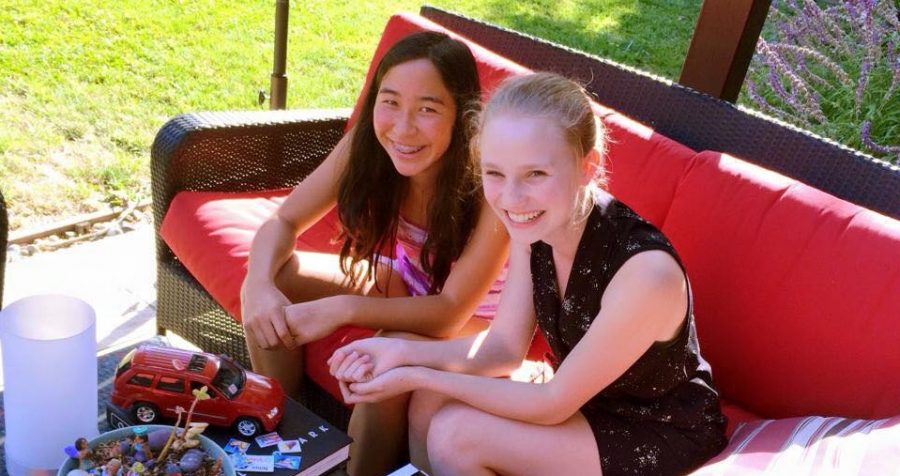

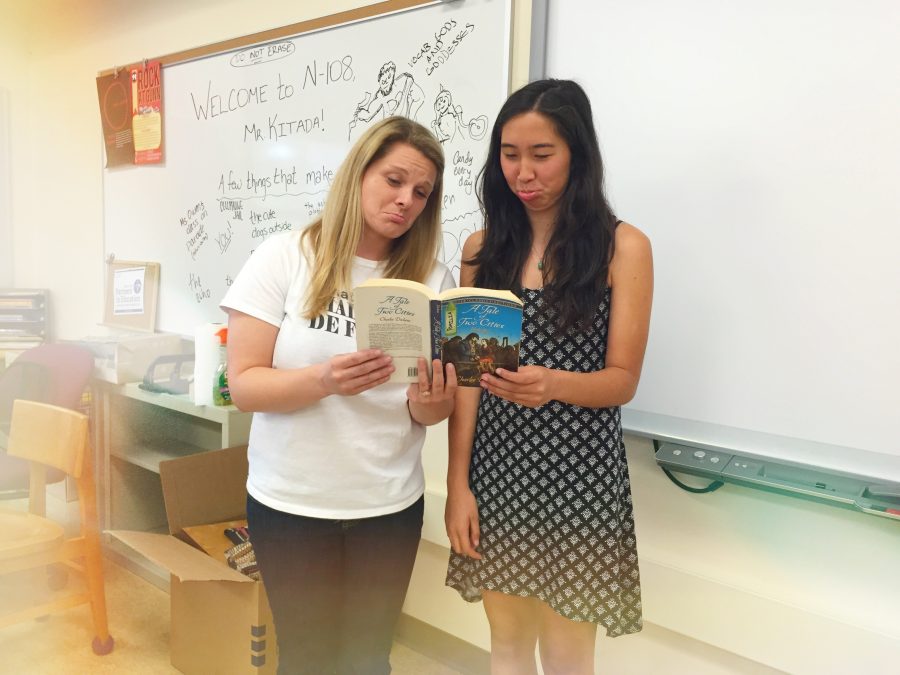
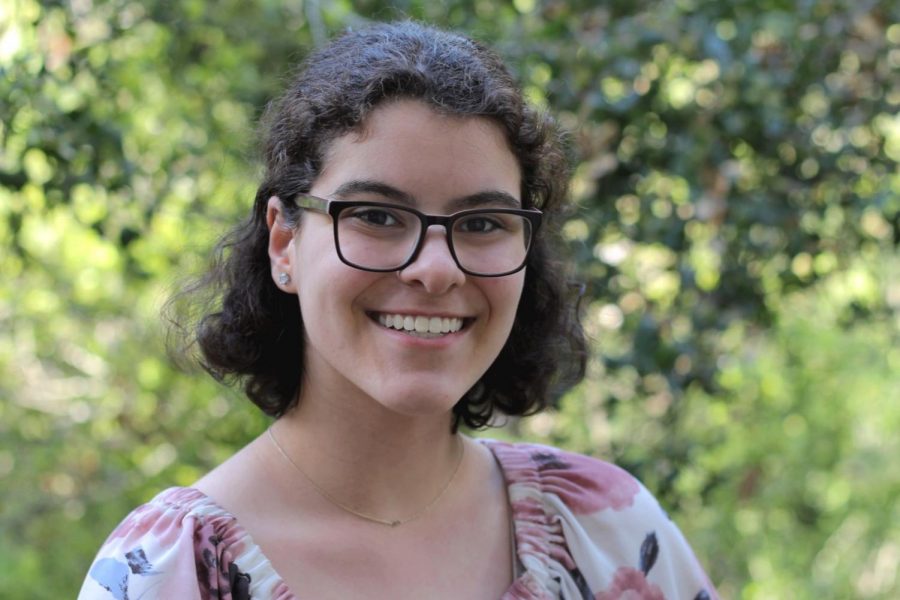
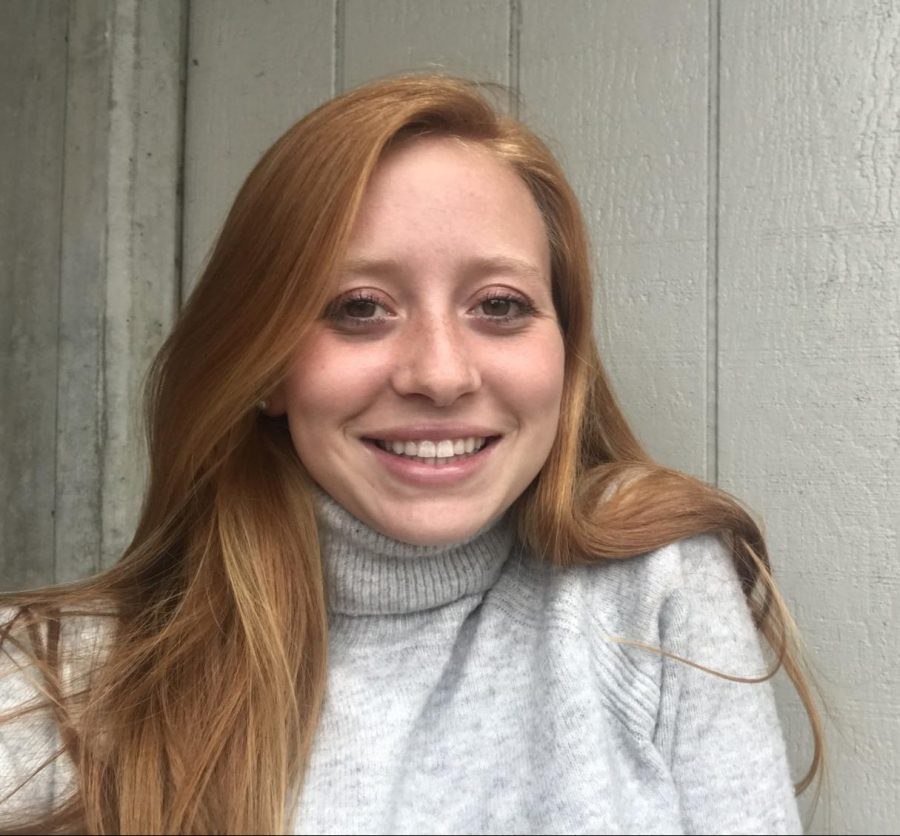
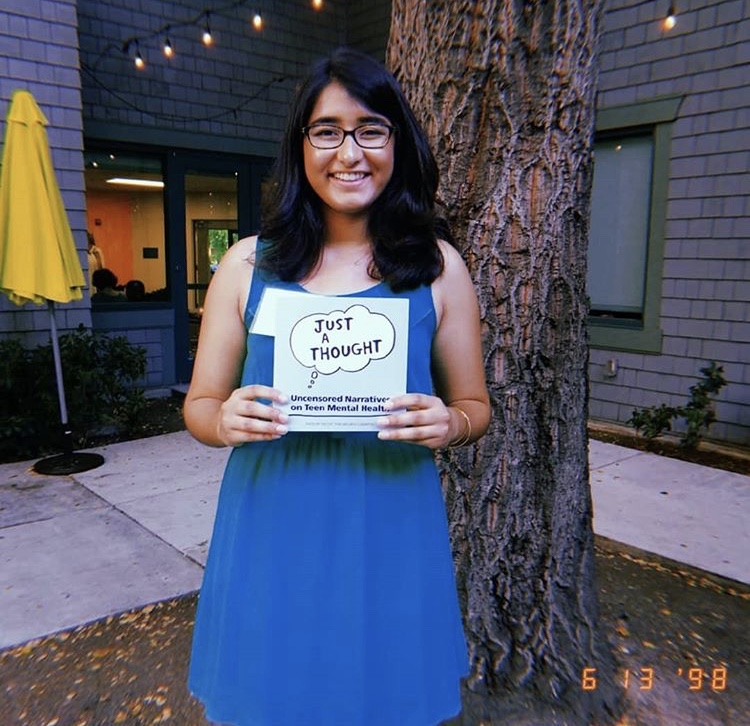
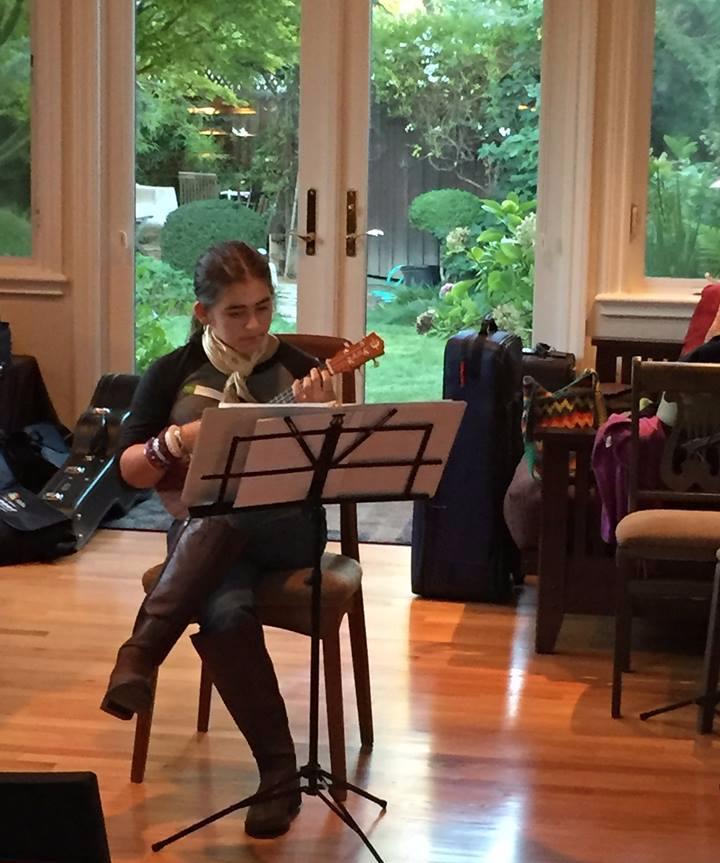
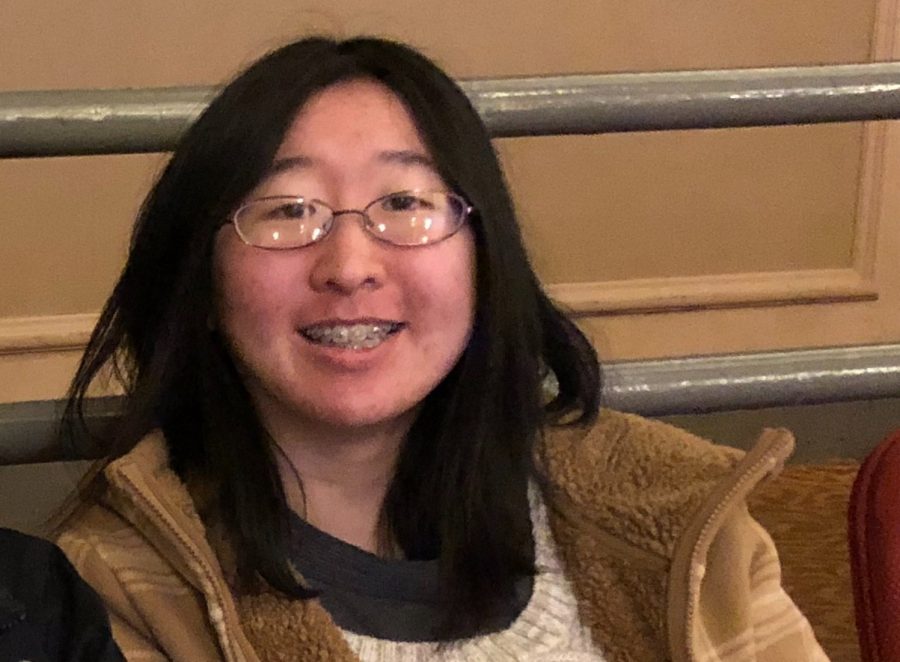
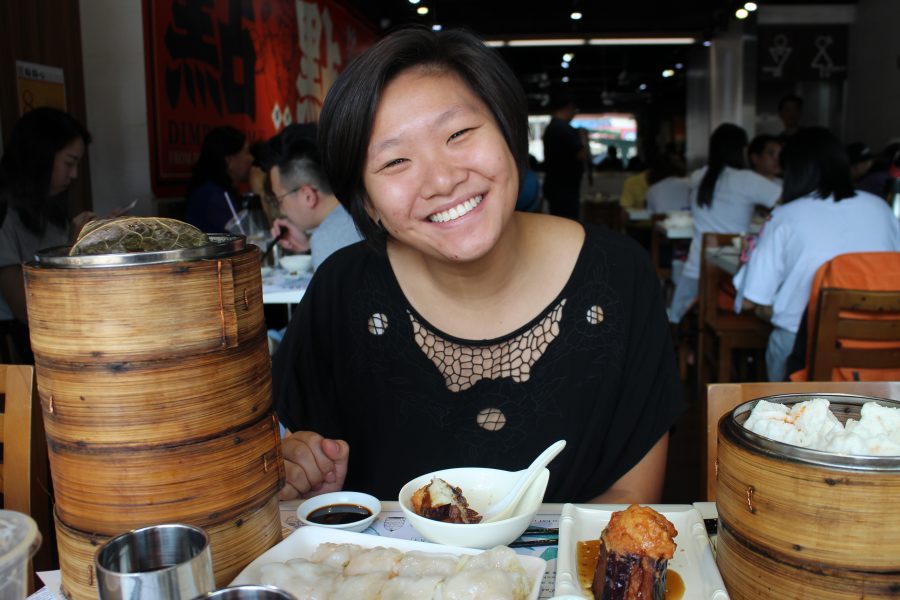
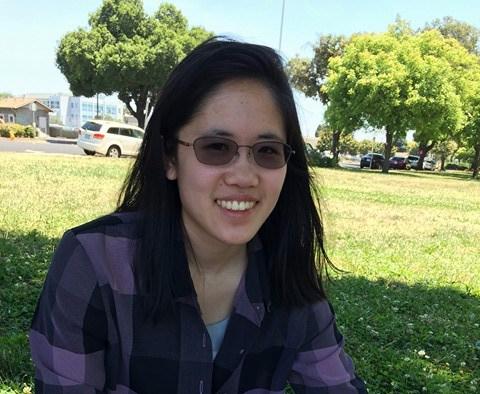
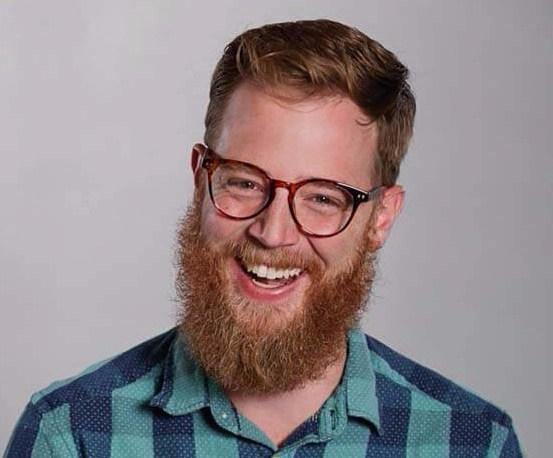


... • Feb 24, 2016 at 2:18 am
This is a great article! I hope it encourages others to reach out in times of need
teachout2014 • Feb 11, 2016 at 11:32 pm
I recently had a conversation with a Gunn alum who truly loved her high school experience and is currently involved on campus. During our conversation, however, it became clear that our perspectives were rather different. This alum is an outgoing, articulate, and joyful person who relates easily with others. How do we bring her experience to the students who are self-contained and struggling? Communicating and listening clearly is an art form. For example, my son might come home and complain about a class and if I don’t ask specific questions I might be mistaken in absorbing his negativity, thinking the teacher doesn’t care or isn’t a good teacher when the truth is he might simply not like English and practically no one could change his attitude at this time of life. He might even really like the teacher! As you pointed out, even if the adults and friends around someone are sincere and available about helping, your realization that you had to take action is pivotal. Suddenly, if a person can take that baby step towards revealing their feelings, a door starts to open. Building that culture of trust is a great goal for parent-teen relationships as well as schools. Thank you for sharing your thoughts.
Keri Wagner • Feb 3, 2016 at 7:25 am
Nice article, Chloe! Thank you sharing this story.